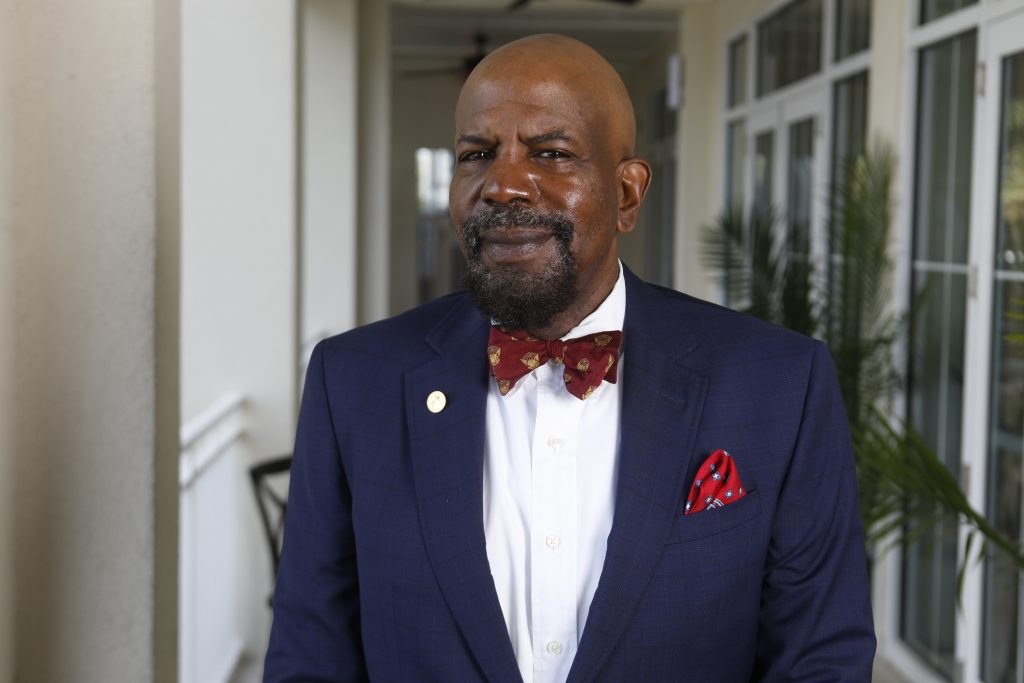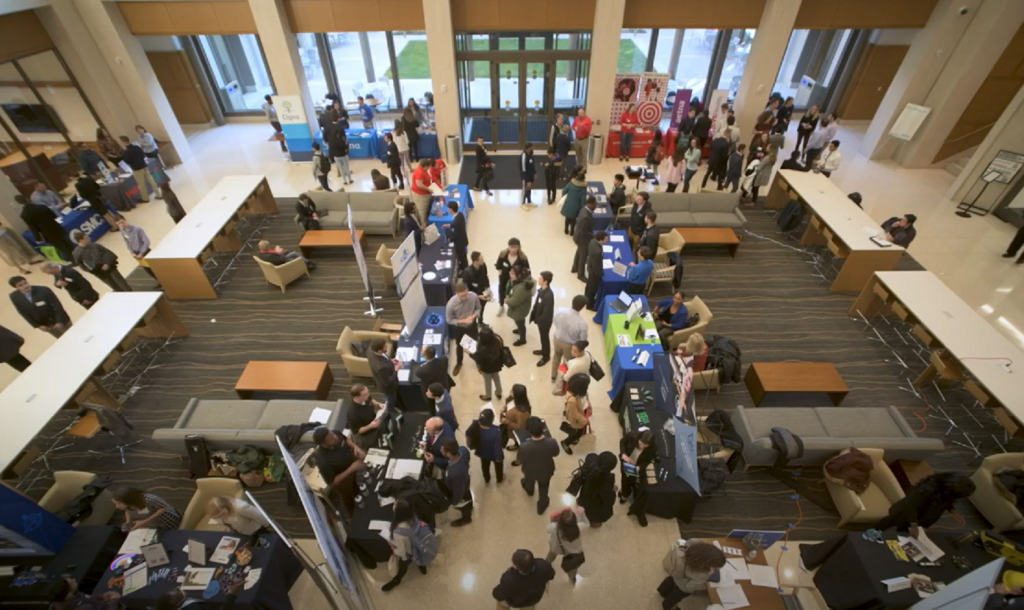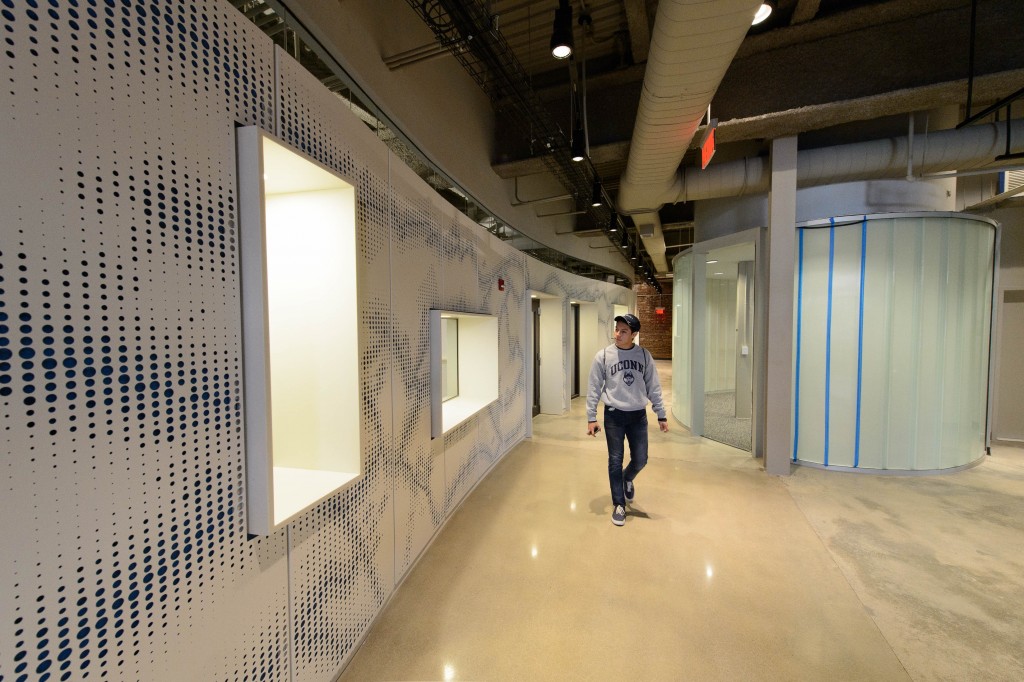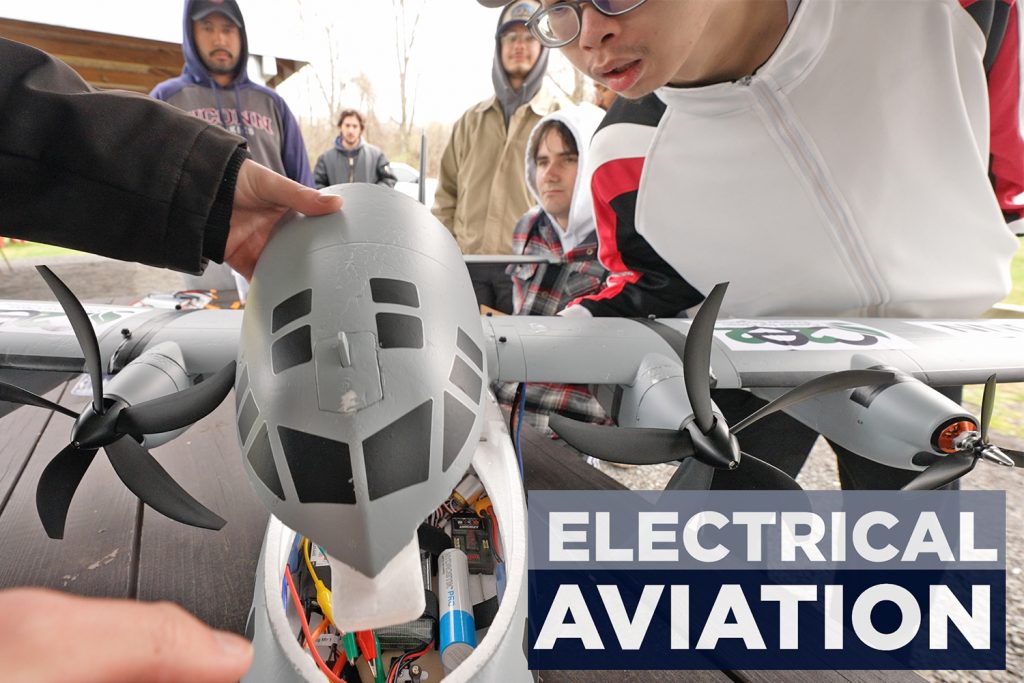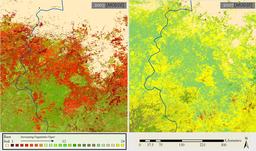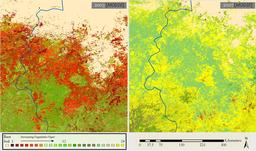College of Engineering
Laurencin Named BMES Fellow
Dr. Cato T. Laurencin, vice president for health affairs and medical school dean, has been elected a fellow of the Biomedical Engineering Society.
September 3, 2010 | Eli Freund
Student Documents a New Path to His Dreams
For many students, the road to a career in engineering entails hours upon hours spent in a lab, an internship, or stuck in a textbook. Junior Computer Science & Engineering student David Mittelman has set out to pursue a different educational path.
September 3, 2010 | Eli Freund
Summer Conferences Afford Rare Experiences
Over the summer, Mechanical Engineering associate professor Zbigniew Bzymek kept Storrs-bound colleagues informed of the breathtaking sites he visited while presenting scholarly papers at conferences in the United Arab Emirates and China.
September 3, 2010 | Eli Freund
MURI Award to Develop Advanced Capacitors
Three UConn faculty members are collaborating on a major, multi-institutional project that recently received over $7 million in funding from the U.S. Department of Defense’s Multidisciplinary University Research Initiative (MURI).
August 25, 2010 | Eli Freund
Student Design Leads to Commercial Product
A product developed by senior engineering students is now on the market.
August 23, 2010 | Bill Graulty & Nan Cooper
In Planning: Aviation Security for 2027
What happens when you put together top FBI, DHS, and TSA agents with professionals and students from the United States and the United Kingdom? First, the top minds in the field plot how to destroy a major international airport; next they work in teams trying to identify the research challenges that could prevent the destruction.
August 19, 2010 | Eli Freund
Public Works Academy Educates 29
On June 9, 2010, the Connecticut Transportation Institute's Technology Transfer Center (T2 Center) completed the first session of the Connecticut Public Works Academy.
August 11, 2010 | Eli Freund
Most Distinguished Alumnus
As an alumnus from George Washington University (GWU), Board of Trustees Distinguished Professor Dr. Bahram Javidi (ECE) has been awarded the university’s highest honor – the Distinguished Alumni Scholar Award for 2009-2010.
July 28, 2010 | Eli Freund
Mary McCarthy Wins Training Award
Mary C. McCarthy, a training specialist with the Connecticut Transportation Institute’s Technology Transfer Center, received the 2010 Award of Excellence Innovative Approaches Award presented by the Connecticut Training & Development Network (CTDN).
July 28, 2010 | Eli Freund
Asking for Trouble
Stranded passengers may grumble, but the best course of action for commercial jetliners is to steer clear of volcanic ash clouds.
July 28, 2010 | Eli Freund
